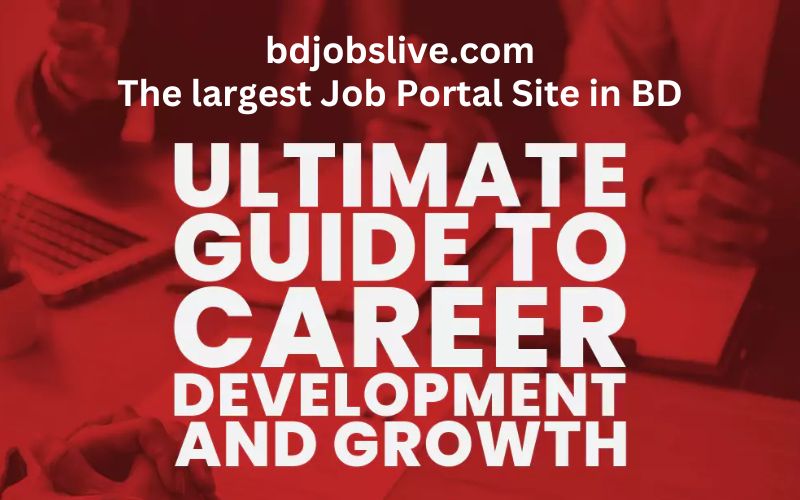
Career development is a lifelong process of managing your learning, work, leisure, and transitions to move toward a personally determined and evolving preferred future. Whether you're just starting out in your career or looking to advance to the next level, this guide will provide you with essential tips and strategies to help you achieve your goals.
Understanding your strengths, weaknesses, values, interests, and personality traits is crucial in finding a career that fits you. Self-assessment tools such as Myers-Briggs Type Indicator (MBTI), Strong Interest Inventory, and StrengthsFinder can help you gain insights into your preferences and potential career paths.
Setting SMART (Specific, Measurable, Achievable, Relevant, Time-bound) goals is the foundation of career development. Start by identifying your long-term objectives and break them down into short-term goals. This approach makes it easier to track your progress and stay motivated.
Networking is essential for career advancement. Attend industry events, join professional organizations, and connect with colleagues and mentors on platforms like LinkedIn. A strong professional network can provide job opportunities, career advice, and support.
Experience is often the key to unlocking new career opportunities. Internships, volunteer work, and part-time jobs can provide valuable hands-on experience. Additionally, consider freelance or contract work to build your portfolio and showcase your skills.
The job market is constantly evolving, and staying competitive requires continuous learning. Enroll in courses, attend workshops, and pursue certifications in your field. Online platforms like Coursera, Udemy, and LinkedIn Learning offer a wide range of courses to enhance your skills.
Your resume and cover letter are your first impression on potential employers. Tailor each application to the job you're applying for, highlighting your relevant experience and skills. Use action verbs and quantify your achievements to stand out.
Preparation is key to acing job interviews. Research the company, practice common interview questions, and prepare your own questions for the interviewer. Dress appropriately, arrive on time, and follow up with a thank-you email after the interview.
Mentors can provide invaluable guidance and support throughout your career. Seek out mentors within your organization or industry who can offer advice, share their experiences, and help you navigate challenges.
Constructive feedback is essential for personal and professional growth. Embrace feedback from colleagues, supervisors, and clients, and use it to improve your performance. Regular self-reflection and setting new goals can help you stay on track.
Maintaining a healthy work-life balance is crucial for long-term career success. Prioritize self-care, set boundaries, and manage your time effectively. A balanced lifestyle can increase productivity, reduce stress, and improve overall well-being.
Career development is a dynamic and ongoing process tUltimate Guide to Career Development: Strategies for Successhat requires self-awareness, goal setting, networking, experience, continuous learning, and adaptability. By following the strategies outlined in this guide, you can take charge of your career and work towards achieving your professional aspirations. Remember, the journey is just as important as the destination.